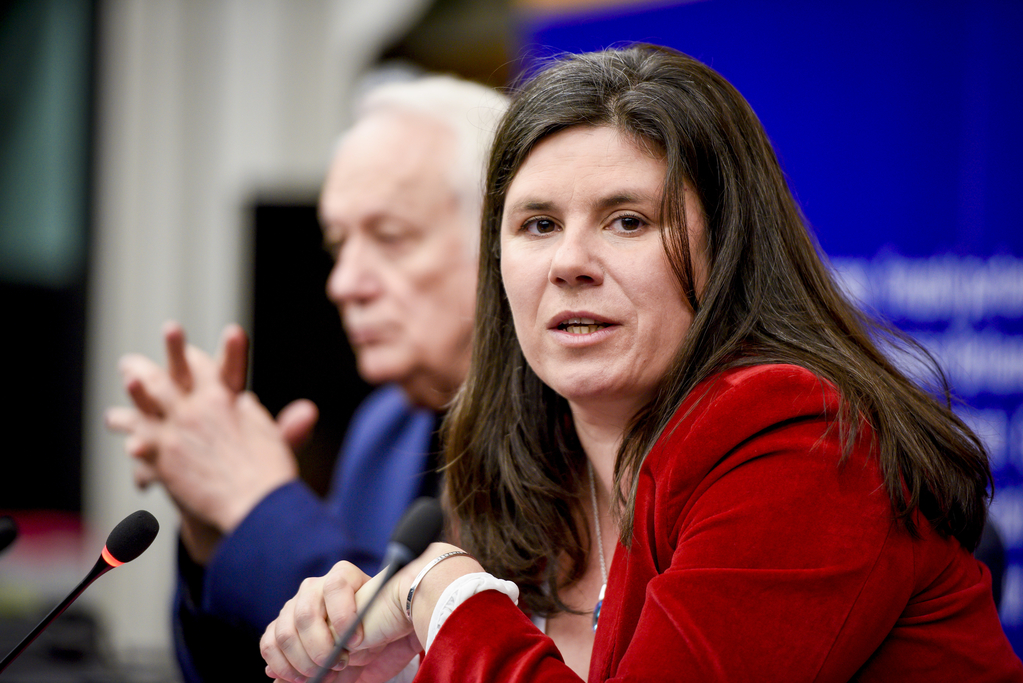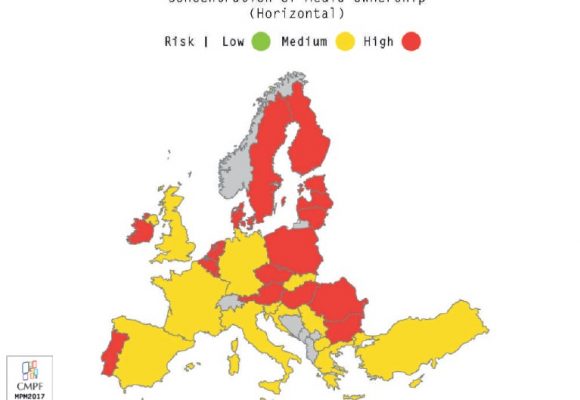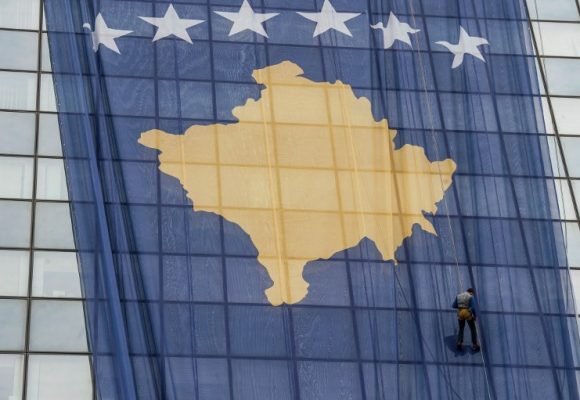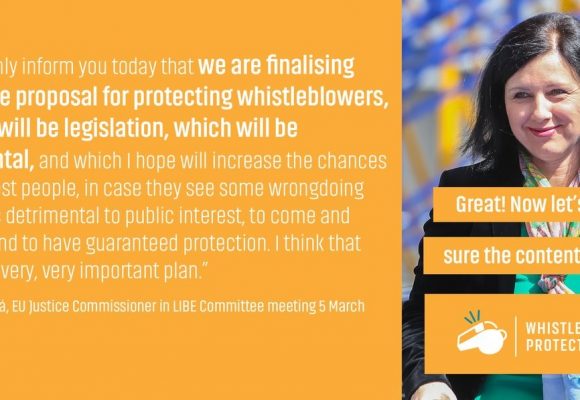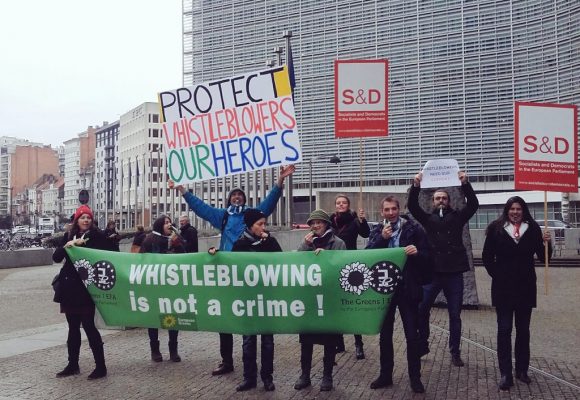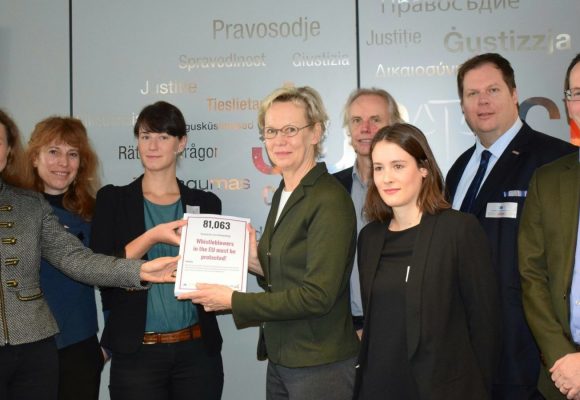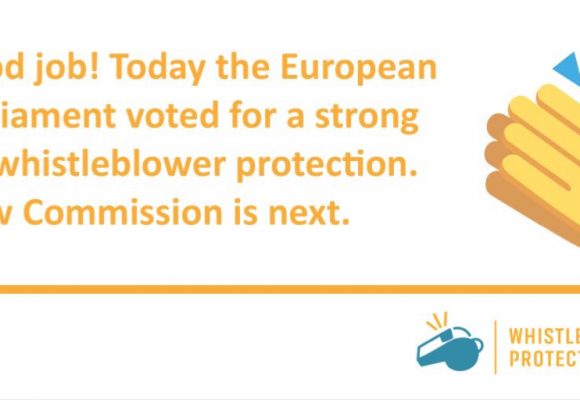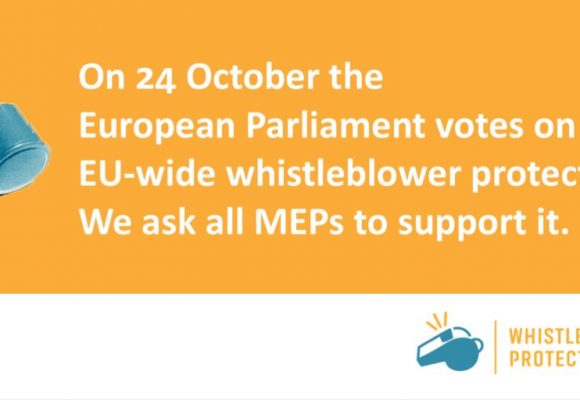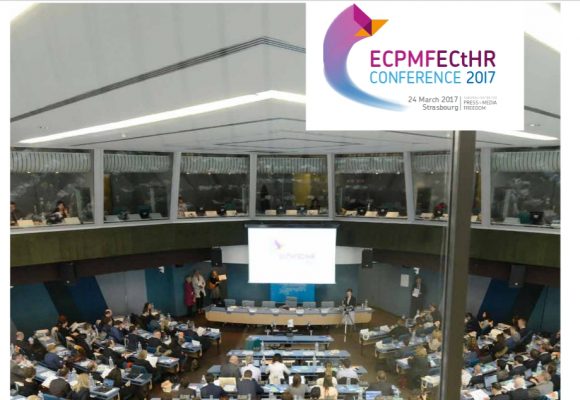Whistleblowing directive: EFJ regrets that protection for public disclosure is subject to restrictive conditions
On Monday 11 March, the European Parliament, the Commission and the Council of the European Union reached a political agreement on the protection of whistleblowers against reprisals. The European Federation of Journalists (EFJ) welcomes the significant improvements compared to the directive proposal, but regrets the intent of limiting protection for those reporting to the public, in particular through the media. From the very beginning the issue of the reporting channels has been the main point of discord during the negotiations. What procedure whistleblowers should follow to be granted protection? The European institutions came to a decision on Monday evening. Whistleblowers…

